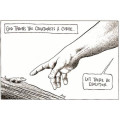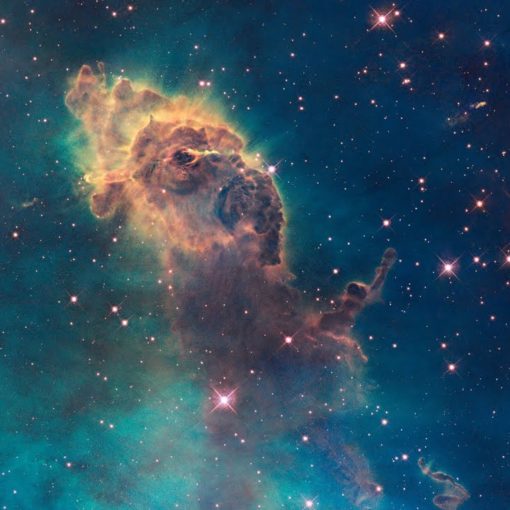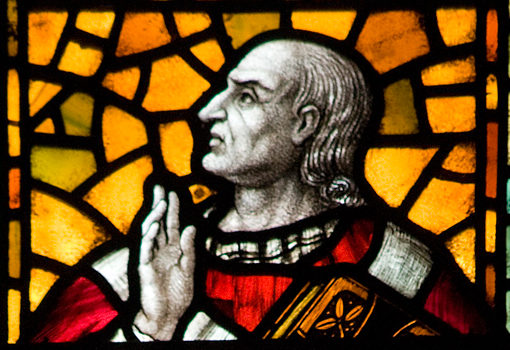(UNDER CONSTRUCTION)
If there is no God, then all that exists is time and chance acting on matter. If this is true then the difference between your thoughts and mine correspond to the difference between shaking up a bottle of Mountain Dew and a bottle of Dr. Pepper. You simply fizz atheistically and I fizz theistically.
Douglas Wilson
Definitions
Defeater := a belief that gives reason to think another belief is false.
R := our cognitive faculties are reliable
N := naturalism is true
E := evolution is true
Pr( R|(N&E) ) = the probability that one’s cognitive faculties are Reliable given Naturalism and Evolution
Outline of the premises
- Pr(R|(N&E)) is low
- The person who believes N&E (naturalism and evolution) and sees that Pr(R|(N&E)) is low has a defeater for R.
- Anyone who has a defeater for R has a defeater for pretty much any other belief she has, including (if she believes it) N&E.
- Therefore, the devotee of N&E (at least such a devotee who is aware of the truth of 1) has a self-defeating belief.
Discussion of the premises
The probability of our cognitive faculties being reliable (R) is extremely low given naturalism and evolution (N&E).
- The problem of the four Fs: natural selection only sorts for behaviors conducive to Feeding, Fleeing, Fighting, and Fertility. This leads to the unnerving conclusion that evolution does not sort for the truth our beliefs.
- The theist is perfectly within her right to accept or reject the theory of biological evolution. She can affirm that evolution is the means by which God populated the planet with diverse forms of life and human beings, (being unique in God’s view), were endowed with rationality. On the other hand, she can deny the theory of evolution and say that God specially created all of life. In either case, she can still be confident in the reliability of her cognitive faculties because N is false in her worldview.
- On the other hand, the naturalist does not have God or anything like God within his explanatory resources. Because of this, evolution is the only game in town meaning he cannot decouple evolution from his naturalism. Thus, if the argument is sound, the committed naturalist is in real trouble.
The person who believes N&E (naturalism and evolution) and sees that Pr(R|N&E) is low has a defeater for R.
- When the naturalist recognizes that the probability of R is immensely low, it follows that he has a reason to disbelieve R. This is an undercutting defeater.
Anyone who has a defeater for R has a defeater for pretty much any other belief she has, including (if she believed it) N&E.
- When a person comes to what he believes is a reasonable conclusion, he takes for granted the reliability of his cognitive faculties. By recognizing that his cognitive faculties are unreliable, he cannot even get off the ground to reason. This means that any prior beliefs he holds cannot be considered reasonable conclusions and ought to be abandoned. These beliefs include Naturalism and Evolution which leads to the conclusion that…
Therefore, the devotee of N&E (who is aware of the truth of premise 1) has a self-defeating belief.
Summary
The gist of this argument is that if naturalism and evolution are true, then you cannot trust your own mind to come to true beliefs. If you can’t trust your own mind, you can’t reach the conclusion that naturalism and evolution are true.








